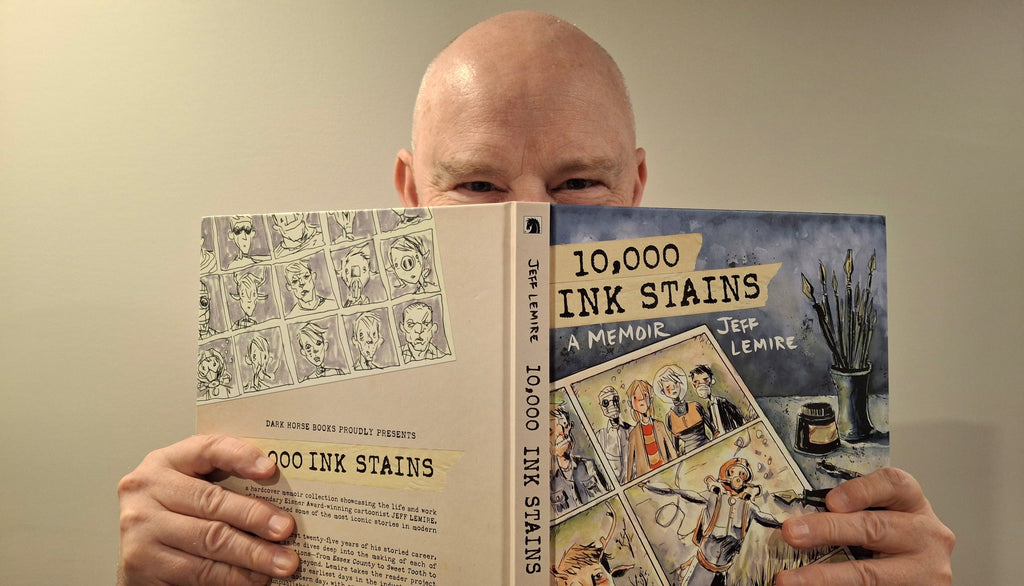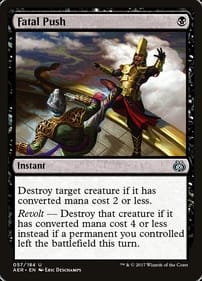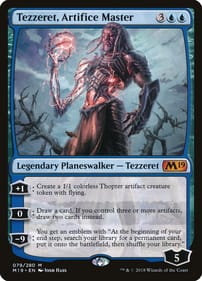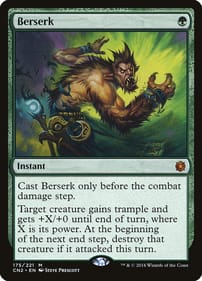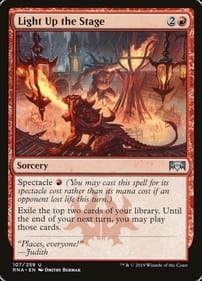Find Inspiration in Lemire Memoir
By Dan Brown If you cried at the climax of Jeff Lemire’s Sweet Tooth series back in 2013, then 10,000 Ink Stains will be a treat for you. Fans of Southwestern Ontario native Lemire will love this newly released memoir, which covers the artist/writer’s first 25 years in the comic industry, from the time he was a kid to his days breaking into the business until now, when he has his own large following. It will be of secondary interest to DC and Marvel readers looking to get a glimpse into behind-the-scenes machinations at those companies from roughly 2010 to 2017. Lemire’s focus here is on the graphic novels and comics he has drawn and written himself. He follows a chronological structure, walking the reader through each stage of his evolution as a comic creator, giving the reader insights into his creative process, and fitting each book or series into the larger context of his career and life. So if you’re a fan of works such as Sweet Tooth, Essex County, the Underwater Welder, Trillium, Secret Path, Black Hammer and Royal City, you should check this one out. You’ll get Lemire’s creative thought process, details about how he achieved the look of each one, and his personal reaction to the public’s reaction. “Comics is such a deeply personal medium,” Lemire writes, meaning he doesn’t want to speak for any other creator. He also freely admits his scratchy drawing style is not everyone’s cup of tea – he made peace with that reality long ago. He also freely shares credit for his success with the people who helped him along the way, like how Chris Staros at Top Shelf was the one who took Lemire under his wing and coached him on storytelling during the making of Essex County, the book which garnered Lemire so much attention at the outset of his career. What may come as a surprise is when Lemire reveals how badly he suffered from anxiety and depression earlier in his life, which – until he found a medication that worked for him – he treated with drinking and chain-smoking. “I am a fairly private person,” he explains. The great part is how Lemire is an example of the school of thought that says no experience is wasted. Again and again, he shows how his failures led directly to his greatest successes as a cartoonist. Lemire has never really discarded an idea – if it doesn’t work for his current projects, he’ll file it away in the back of his mind, where it has a good chance of becoming the germ of his next book or comic series. His story is inspiring for that reason. What you won’t find here is a lot of gossip about the Big Two comic giants, DC and Marvel. But Lemire does talk about how he learned more about himself, his preferences, and his process by taking on assignments from the Coke and Pepsi of the comic industry. Ultimately, Lemire concludes that working on company-owned characters isn’t his favourite thing. He had to settle for having his own “weird little pocket of the DC Universe for a couple of years.” (One of the points that does come through is, if you thought DC’s New 52 marketing blitz was a chaotic mess when it launched, it was the same behind the scenes.) His eventual answer was to create the Black Hammer comic universe, a playground of his own making where he can scratch virtually any creative itch. Lemire doesn’t write extensively on his secret to being prolific, by taking the work ethic he learned growing up on the family farm in Woodslee, east of Windsor, and applying it to comics – to the point some consider him the modern equivalent of Jack Kirby. He also glosses over the book A.D. After Death, his 2017 collaboration with Scott Snyder, which I thought was an interesting omission. At the conclusion of 10,000 Ink Stains Lemire urges readers, if they like reading comics, to try making one of their own. We can only hope there is a young person out there with a creative spark who takes his advice seriously, because the world would be better for it. Dan Brown has covered pop culture for more than 32 years as a journalist and also moderates L.A. Mood’s monthly graphic-novel group.


